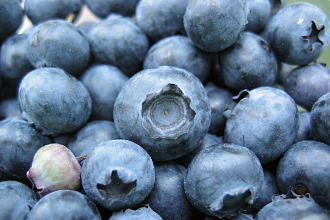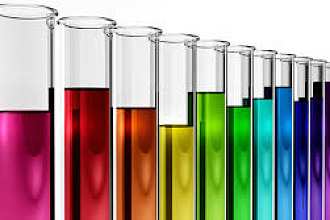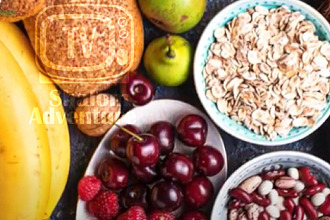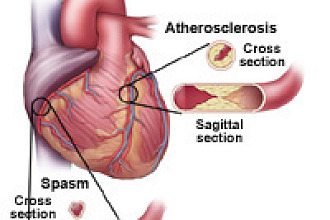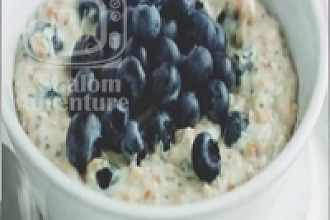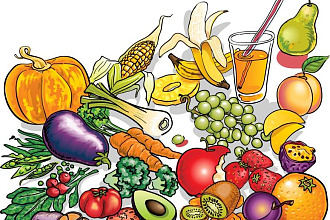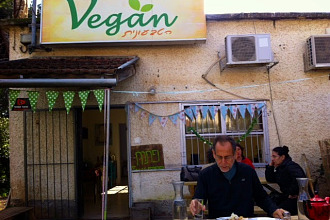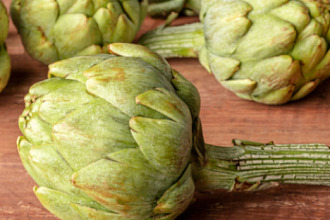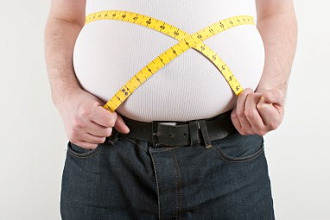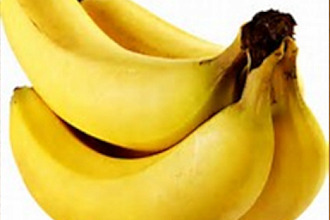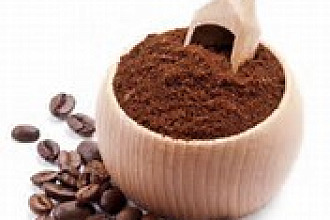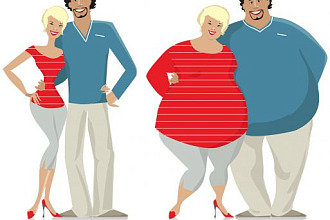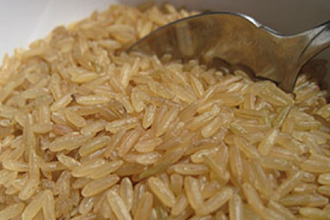The body is fueled primarily by glucose-a simple sugar. In people with diabetes glucose cannot enter the cells as needed. In type 1 diabetes this is due to a lack of insulin, the hormone that allows sugar into cells. With type 2 diabetes, the problem isn't due to a lack of insulin, there is plenty but because of a resistance to it. Signs of diabetes are fatigue, thirst, and blurred vision.
Traditionally diabetes management focuses on reducing sugars and simple carbohydrates and while this is good, fat is a problematic in diabetes and those chances along may not address that. The fat in foods makes it difficult for insulin to get glucose into the cells so reducing the amount of fat in the diet can increase the effectiveness of the insulin. This part of why a low-fat vegan diet is great for diabetics.
A 2006 study by the Physicians Committee for Responsible Medicine , the George Washington University and University of Toronto evaluated the benefits of a low-fat, unrefined, vegan diet for type 2 diabetes compared with a group using the American Diabetes Association (ADA) diet guidelines for 22-week study with astounding results.
43% of the vegan test group reduced their diabetes medications compared to 26% of the ADA group. Among those whose medication remained constant, the vegan test group hemoglobin A1C was lowered, by 1.2 points, three times more than the ADA group.
The vegan test group weight loss averaged about 13 pounds, compared to ADA group's average of about 9 pounds.
Of those who's lipid-lowering medications, didn't change, the vegan test group's decreases in total and LDL cholesterol levels where more significant compared to the ADA group.
To help aid diabetes management people should consider a vegan or plant based diet( avoiding animal products) Animal products contain saturated fats and no fiber. People should also reduce naturally high fat plant foods such as vegetable oils avocados, olives, and walnuts. Make a goal for nothing more than 2–3 grams of fat per serving of food. Also one should make sure to eat foods with a low glycemic index(that don't raise blood sugar rapidly) like whole grain pasta, whole grain bread, brown rice, oatmeal, , bulgur wheat, and so on in each meal while avoiding simple carbohydrates like white rice, white bread, (basically refined foods) which on which over to the next tip which is eating high fiber foods. Besides whole grains you could include more legumes, and vegetables just make sure you use items fortified with B12 for a whole vegan diet.
Of course exercise is very important for diabetes management and can reduce the amount of insulin injections needed for both types of diabetes, although those with type 1 diabetes will likely still need a source of insulin due to the lack. Ask you health care provider for a diet program to best meet your needs.
Originally found here








